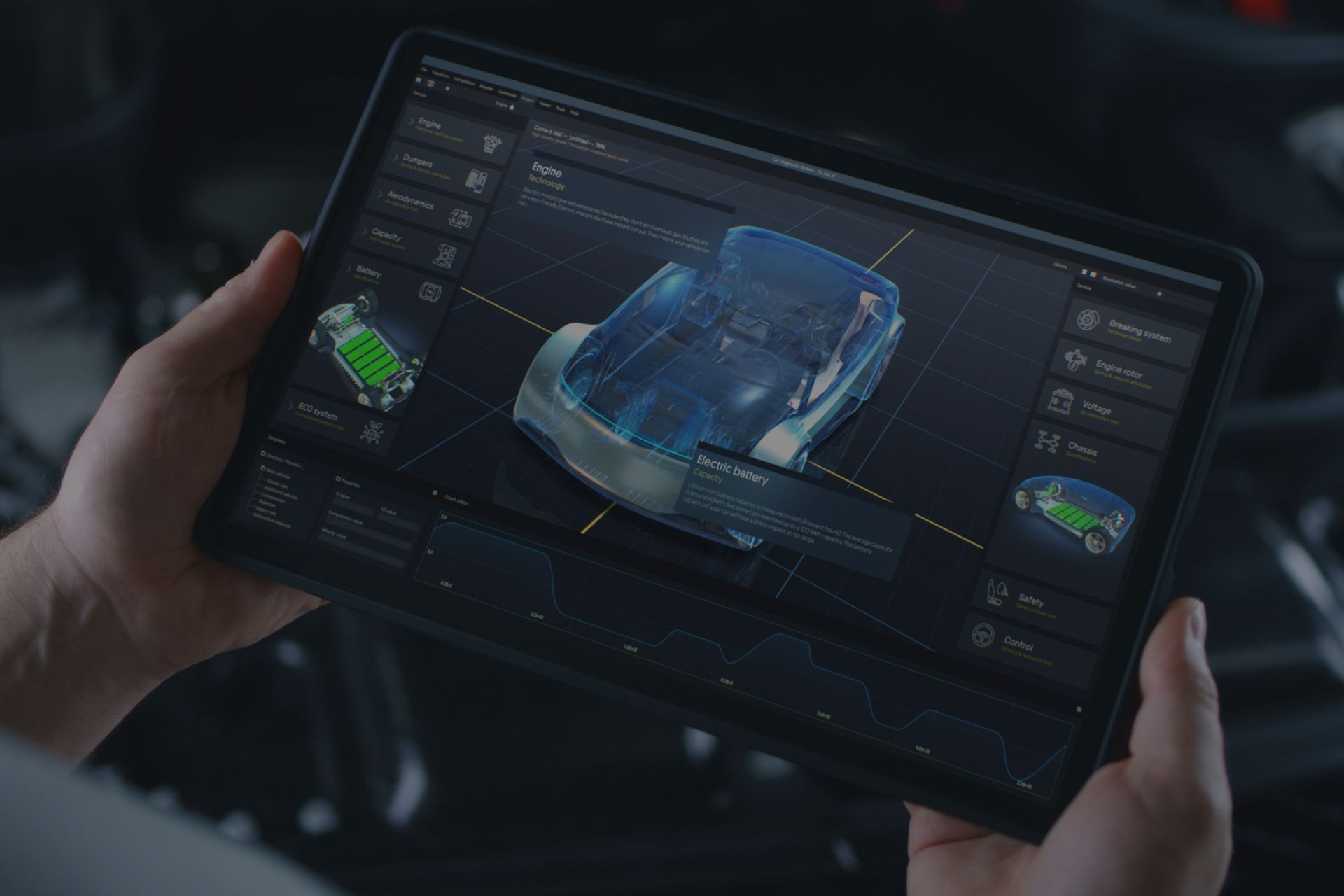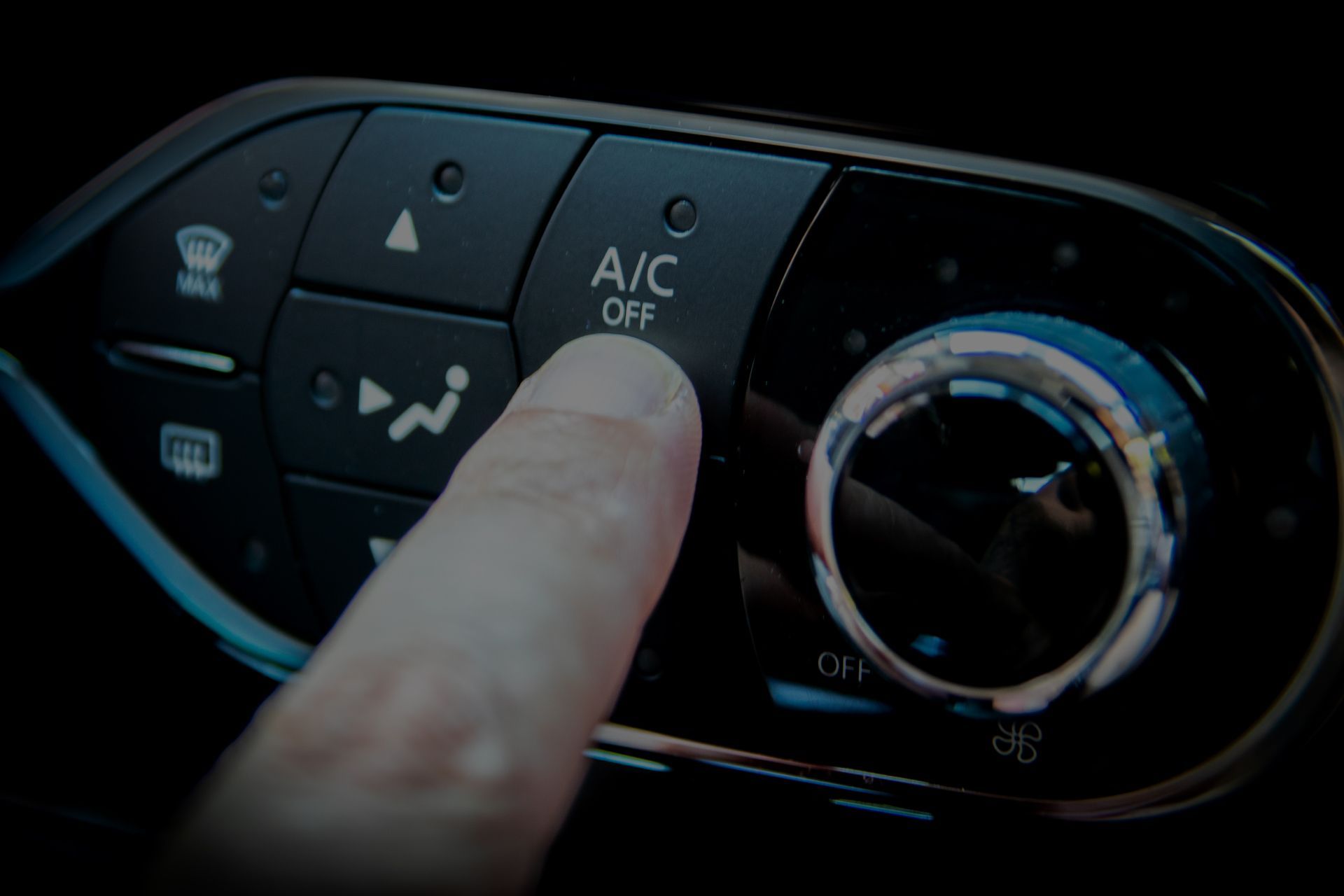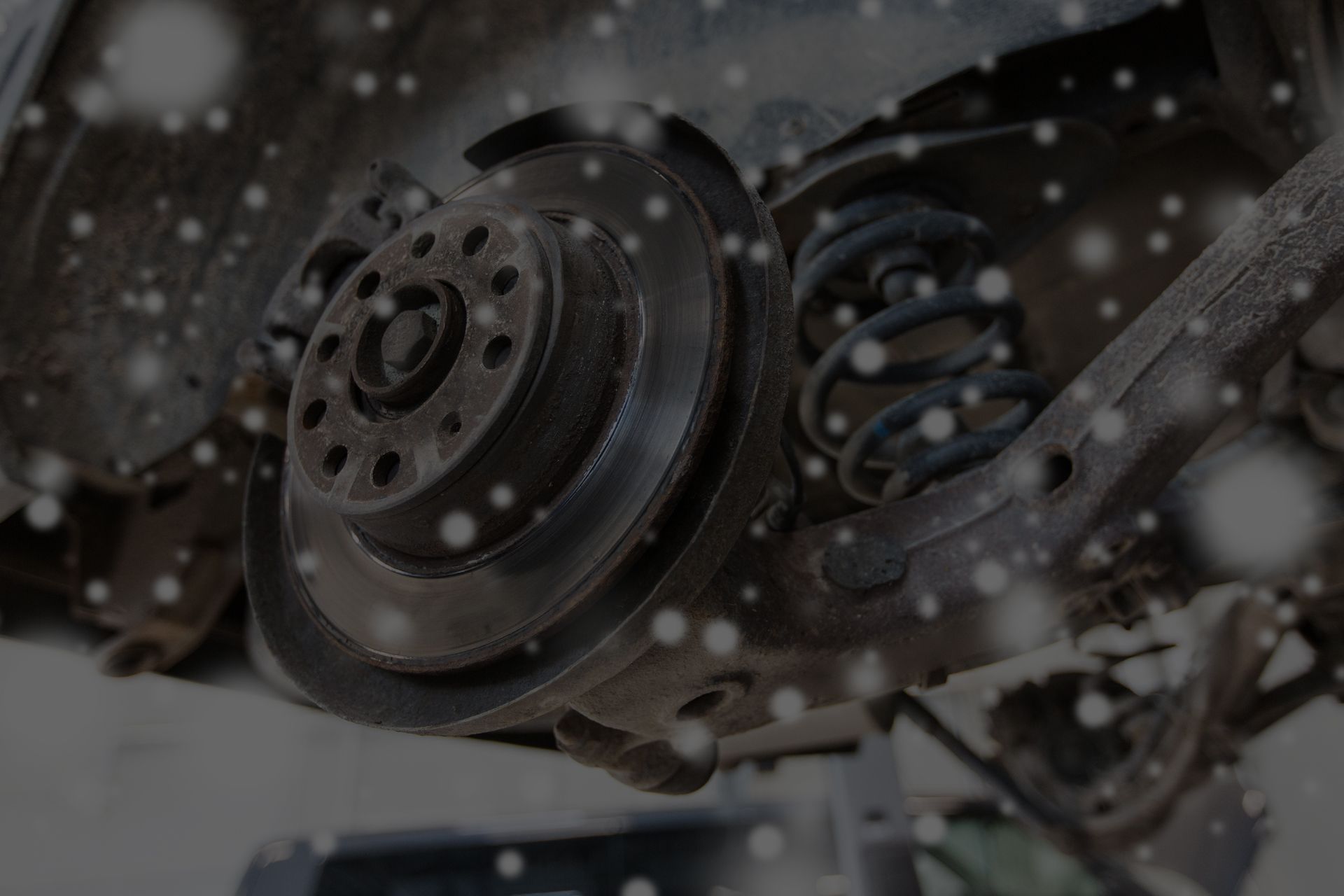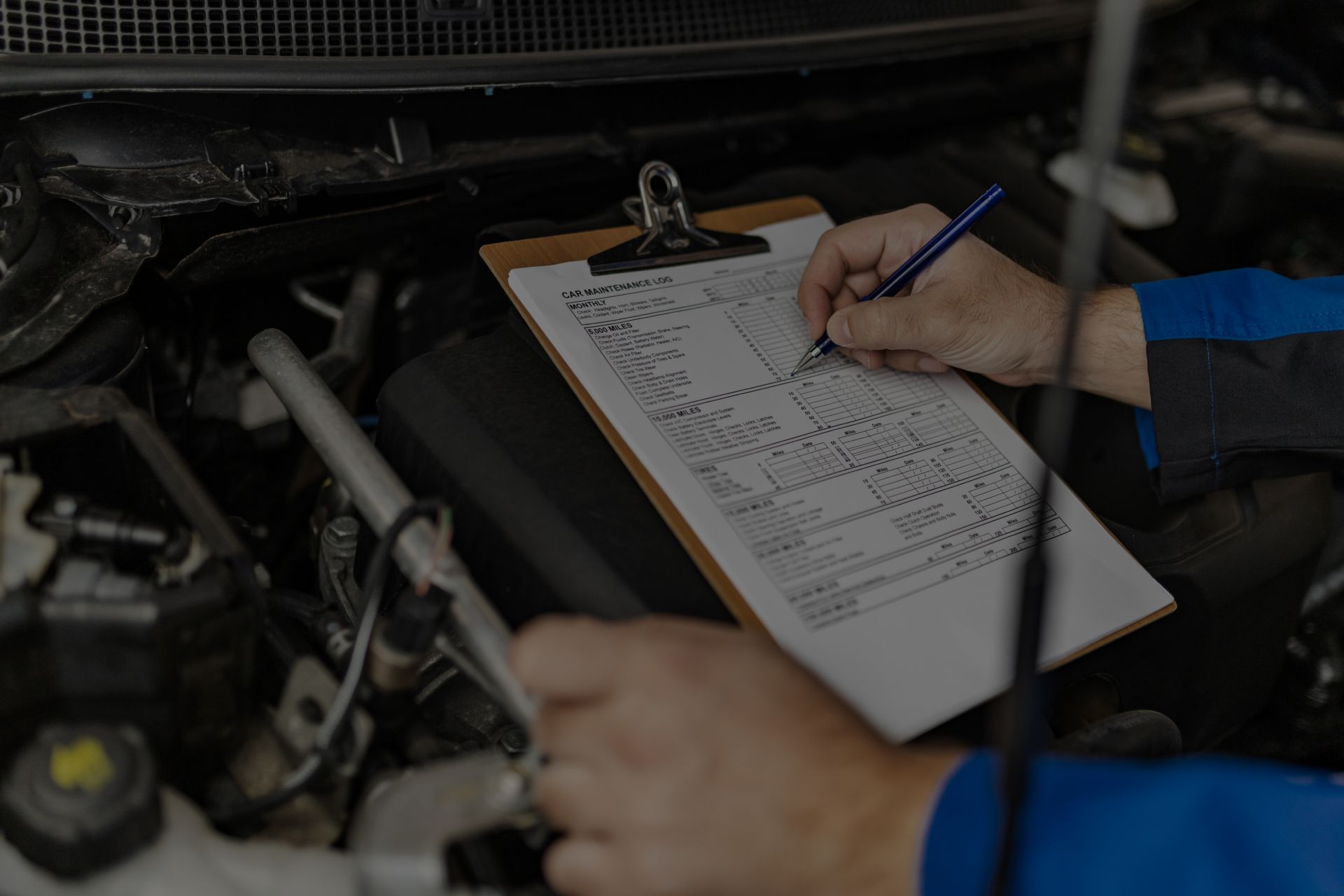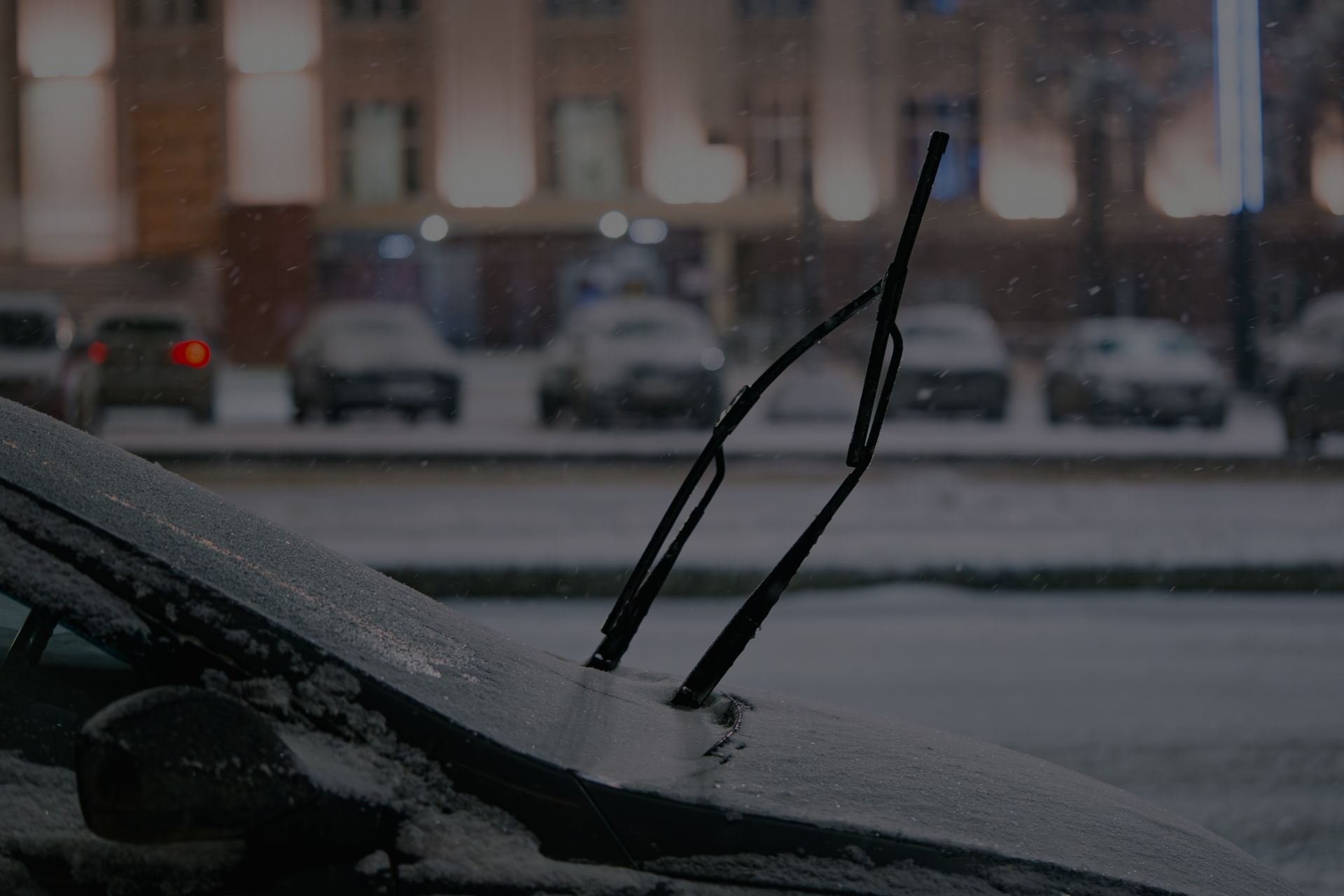Honda has built its reputation on reliability, and for good reason. These Japanese vehicles are known for running strong well past 200,000 miles with proper care. But even the most dependable Honda can develop problems, especially when facing Denver's unique challenges like high altitude, extreme temperature swings, and demanding mountain roads. Recognizing the warning signs early can save you from expensive repairs and dangerous breakdowns on Colorado's highways.
Why Denver's Environment Tests Your Honda
Before diving into specific warning signs, it's important to understand how Colorado's environment puts extra stress on your Honda. At 5,280 feet above sea level, your engine works harder in thinner air. Wild temperature swings from sub-zero winter nights to 90-degree summer days stress every component. Add in mountain driving, winter road treatments, and intense UV radiation, and even Honda's legendary reliability faces serious challenges.
The good news? Hondas are engineered to handle tough conditions when properly maintained. The key is recognizing when your vehicle is crying for help.
Sign #1: Strange Noises That Won't Go Away
Hondas are typically quiet vehicles, so new or unusual noises deserve immediate attention.
Squealing When Starting If your Honda squeals when you start it, especially on cold Denver mornings, you likely have a worn serpentine belt. Colorado's temperature extremes cause rubber belts to crack and stretch faster than in milder climates. A broken belt can leave you stranded and damage other components.
Grinding During Braking A grinding noise when braking means your brake pads have worn completely through. This is especially dangerous for Denver drivers who frequently navigate steep mountain descents. Metal-on-metal contact damages rotors, turning a $300 brake pad replacement into a $800+ repair.
Knocking From the Engine Engine knocking, especially during acceleration, can indicate serious internal problems. At Denver's altitude, engines work harder and may develop carbon buildup or timing issues faster than at sea level. Ignoring engine knock can lead to catastrophic engine damage.
Rattling From Underneath Rattling sounds from under your Honda often point to loose exhaust components or damaged heat shields. Winter road treatments used in Colorado accelerate corrosion of these parts. A loose exhaust system can create safety hazards and expensive damage if not addressed quickly.
Sign #2: Dashboard Warning Lights You Can't Ignore
Modern Hondas have sophisticated monitoring systems that alert you to problems before they become catastrophic failures.
Check Engine Light The check engine light in your Honda could indicate anything from a loose gas cap to serious engine problems. At Denver's altitude, this light often appears due to oxygen sensor issues or emissions system problems. Don't ignore it—Colorado's emissions testing requirements mean you'll need to fix the problem anyway.
Temperature Warning An overheating warning is especially serious in Denver. Our extreme temperature variations and mountain driving put extra stress on cooling systems. Honda's aluminum engines can suffer serious damage if overheated, leading to repairs costing thousands of dollars.
Oil Pressure Light Low oil pressure can destroy your Honda's engine in minutes. This warning is more common at altitude, where thinner air affects how oil circulates. If this light comes on, stop driving immediately and call for professional help.
ABS or Brake Warning Lights Brake system warnings are particularly dangerous for Denver drivers who regularly navigate mountain roads. Honda's ABS systems help prevent skidding on icy roads, making them critical safety features in Colorado winters.
Sign #3: Performance Issues That Affect Daily Driving
Changes in how your Honda performs often signal underlying problems that need professional attention.
Difficulty Starting in Cold Weather While all cars struggle in Denver's sub-zero temperatures, excessive cranking or failure to start indicates battery, alternator, or fuel system problems. Honda's fuel injection systems can develop issues when facing extreme temperature swings.
Loss of Power on Hills If your Honda struggles more than usual on mountain roads or highway on-ramps, you might have fuel delivery problems, clogged air filters, or engine timing issues. At altitude, these problems become more noticeable and can leave you dangerously underpowered in traffic.
Rough Idling or Stalling Rough idling often indicates problems with fuel injectors, spark plugs, or air intake systems. Denver's dusty conditions and altitude changes can accelerate wear on these components. Stalling in traffic creates safety risks and often indicates serious engine problems.
Poor Fuel Economy Sudden drops in fuel economy signal various potential problems. In Denver's thin air, engines already work harder, so efficiency problems become more noticeable and costly.
Sign #4: Fluid Leaks That Shouldn't Be There
Hondas rarely leak fluids when properly maintained, so any puddles under your car deserve investigation.
Coolant Leaks (Sweet Smell, Green/Orange Color) Coolant leaks are especially problematic in Denver, where cooling systems work overtime. Extreme temperature cycling causes hoses and gaskets to fail more frequently. Running low on coolant can destroy your Honda's engine.
Oil Leaks (Dark Brown/Black Spots) Oil leaks often start small but can quickly worsen. Denver's temperature extremes cause seals to expand and contract, leading to leaks. Low oil levels can cause catastrophic engine damage.
Transmission Fluid Leaks (Reddish Color) Transmission fluid leaks are less common in Hondas but serious when they occur. Mountain driving puts extra stress on transmissions, making proper fluid levels critical for avoiding expensive repairs.
Brake Fluid Leaks (Clear/Yellowish) Brake fluid leaks create immediate safety hazards. Colorado's demanding driving conditions make reliable brakes essential for safe operation.
Sign #5: Unusual Vibrations or Handling Changes
Changes in how your Honda drives, steers, or feels on the road often indicate problems that need immediate attention.
Steering Wheel Vibration Vibrations through the steering wheel can indicate warped brake rotors, unbalanced tires, or suspension problems. Denver's pothole-filled roads after winter accelerate wear on these components.
Car Pulls to One Side If your Honda drifts or pulls while driving straight, you might have alignment issues, uneven tire wear, or brake problems. This is particularly dangerous on mountain roads where precise steering control is essential.
Excessive Bouncing or Swaying Worn shock absorbers or struts cause poor handling and longer stopping distances. Colorado's varied terrain and temperature extremes accelerate wear on suspension components.
Vibration During Acceleration Vibrations that occur during acceleration often indicate problems with CV joints, motor mounts, or drivetrain components. These issues can lead to expensive repairs if not addressed promptly.
When to Seek Professional Help
Don't wait for problems to worsen. Honda's reputation for reliability depends on proper maintenance and timely repairs. In Denver's challenging environment, small problems can quickly become major expenses.
Seek professional diagnosis immediately if you experience:
- Any combination of the warning signs above
- Problems that worsen over time
- Issues that affect safety or drivability
- Warning lights that stay illuminated
The Cost of Waiting
Delaying Honda repairs in Denver's environment often leads to much higher costs. A $200 belt replacement becomes a $1,500 engine repair if the belt breaks and causes damage. A simple coolant leak repair costing $150 becomes a $3,000 engine replacement if the engine overheats.
Denver's conditions accelerate wear and can turn minor issues into major problems quickly. Early intervention protects both your safety and your wallet.
Your Honda's reliability depends on recognizing warning signs and acting promptly. Don't let Denver's challenging conditions turn a dependable vehicle into an expensive problem.
Professional Honda Repair in Denver
At Importsports Auto Repair Pros & Performance, we specialize in Honda service and repair with a deep understanding of how Colorado's environment affects these reliable vehicles. Our ASE Certified technicians use factory diagnostic equipment to accurately identify problems and provide honest, transparent solutions.
Since 1997, we've helped thousands of Honda owners in Denver maintain their vehicles' legendary reliability. From routine maintenance to complex repairs, we provide the specialized care your Honda needs to thrive in Colorado's demanding conditions, backed by our 36-Month/36k-Mile warranty.
Don't ignore the warning signs your Honda is giving you. Contact us today at (303) 752-2422
or book your Honda diagnostic appointment online. Let our expertise keep your reliable Honda running safely through all of Denver's challenges.
